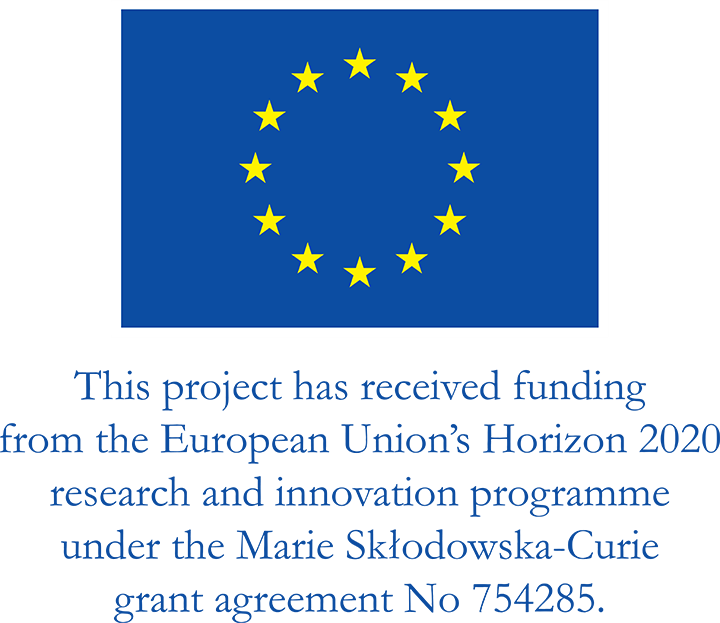The biology of ageing
The biology of ageing is envisaged in terms of an interdisciplinary approach elucidating determinants of “successful ageing” including the interaction between lifestyle factors and intrinsic biological processes. A direct implication is that the definition of the research problem is constructed within an interdisciplinary process with a “functional approach” rather than driven by “optimal health”. Importantly, this theme is based on the understanding that the biological process of ageing covers the entire life span.
Introduction of the theme
The steady increase in average life expectancy in Sweden has led to an increased proportion of the population aged ≥ 65 years from about 10% in the 1960s to around 20% of the current population, and is expected to reach 25% in 2060. Given the age-related increase in chronic diseases and gradual decline in both physical and cognitive function, population ageing represents a major societal challenge. A central theme within the field of the biology ageing is the extension of healthspan, defined as the period of life without major chronic diseases and disability. A major obstacle to healthspan extension is the age-related decline in physiological function leading to increased risk of chronic diseases and disability, reduced quality of life and increased risk of mortality.
Research gaps
- Determinants of the age-associated physiological decline, including inter-individual variability in functional changes with ageing.
- Interactions between physiological function, perceived health, lifestyle factors, socio-demographic and psychological aspects in elderly.
- Influence of physical environmental factors on daily activity patterns and interactions with physiological function in elderly.
- Understanding biological and molecular upstream events leading to loss of function with ageing and development of optimal preventive strategies.
- Dietary manipulations aiming to prevent age-associated physiological decline, including combined effects of dietary changes with physical activity interventions.
Relevant research at Örebro University
There is extensive knowledge and experience within the field of healthy ageing at the university of Örebro. This includes research on physical activity, diet, physical and cognitive function, metabolic and inflammatory risk factors, skeletal muscle, gut and brain interaction.
Relevance
While population ageing presents many opportunities it also raises many societal challenges. Policymakers are confronted with several issues including increased health costs as the average time a person can live with chronic diseases has considerably increased. Therefore, through the development of sustainable preventive measures that promote health and quality of life in older adults, research on biology of ageing has important implications in term of preventing deterioration of quality of life and thereby reducing future burden and costs of age-related functional decline.

